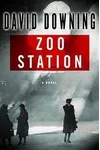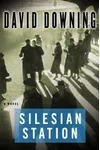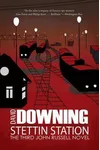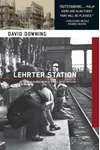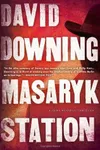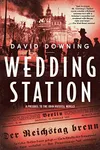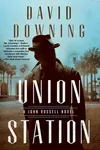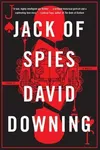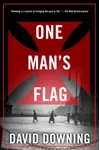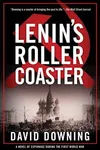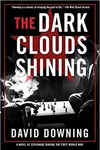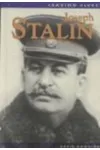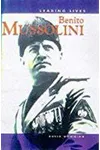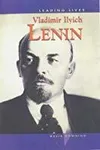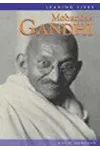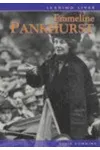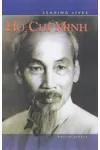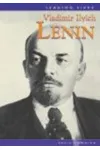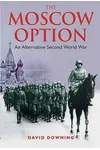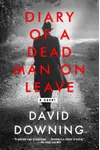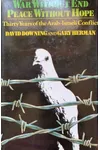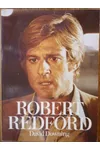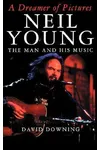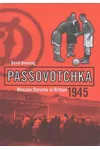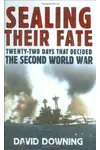Picture a British storyteller who whisked readers to the shadowy streets of World War II Berlin—meet David Downing! With his gripping 'Station Series,' this master of historical fiction spins espionage tales so vivid, you can almost hear the clatter of trains and feel the tension of wartime Germany. Renowned for blending meticulous history with heart-pounding suspense, Downing has carved a niche as a literary time-traveler, earning praise from The New York Times and The Wall Street Journal.
Born in 1946 in Harrow, London, Downing’s journey from rock critic to celebrated novelist is as eclectic as his stories. His ability to weave real-world events into thrilling narratives has made him a favorite among historical fiction fans, with his Berlin-centric spy thrillers stealing the spotlight.
The Making of David Downing
Growing up in suburban London, Downing was captivated by soccer, railways, rock music, and history—a blend that later flavored his writing. After earning a BA in Afro-Asian Studies and an MA in International Relations at the University of Sussex, he dabbled in rock journalism, contributing to magazines like Let It Rock. His first book, Future Rock (1975), explored utopian themes in music, hinting at his knack for dissecting cultural moments. By the late 1980s, he was writing everything from military histories to children’s books, but it was his leap into fiction with Zoo Station in 2007 that truly defined his career.
David Downing’s Unforgettable Stories
Downing’s 'Station Series,' named after Berlin’s train stations, is his crown jewel. The series follows Anglo-American journalist John Russell, a reluctant spy navigating the moral quagmires of Nazi Germany. Zoo Station (2007) sets the stage, plunging readers into 1930s Berlin as Russell grapples with espionage and personal loyalties. Silesian Station (2008) ramps up the suspense, with Russell entangled in Nazi and Soviet schemes while searching for a missing Jewish girl. Potsdam Station (2011) captures the chaos of Berlin’s fall in 1945, blending heart-wrenching drama with historical precision. The series, which concluded with Union Station in 2024, is lauded for its atmospheric detail and nuanced characters.
Beyond the 'Station Series,' Downing’s Jack McColl novels, starting with Jack of Spies (2013), explore World War I espionage with the same meticulous research and gripping pace. His standalone thriller, The Red Eagles (1987), and counterfactual history, The Moscow Option (1979), showcase his versatility. Downing’s style—marked by rich historical context, morally complex characters, and taut pacing—draws comparisons to Alan Furst and Philip Kerr, making his work a must-read for fans of intelligent thrillers.
Why David Downing Matters
David Downing’s impact lies in his ability to humanize history. His novels don’t just recount events; they immerse readers in the ethical dilemmas and daily struggles of wartime Europe. By focusing on Berlin—a city fractured by ideology—he captures the personal toll of global conflict. His work resonates with readers seeking both thrills and insight, earning him a loyal following and critical acclaim. As The Wall Street Journal noted, his 'Station' cycle is 'epic in scope,' blending a historian’s expertise with a storyteller’s heart.
Downing’s influence extends to inspiring a deeper appreciation for historical fiction’s power to illuminate the past. Whether through John Russell’s perilous double-agent life or Jack McColl’s globe-trotting missions, he invites readers to question loyalty, morality, and resilience in turbulent times.
- Born: 1946, Harrow, London
- Key Works: Zoo Station, Silesian Station, Potsdam Station, Jack of Spies
- Genres: Historical Fiction, Espionage, Thriller
- Notable Praise: Featured in The New York Times, The Wall Street Journal
Snag Zoo Station and dive into David Downing’s thrilling world of espionage and history—your ticket to wartime Berlin awaits!
